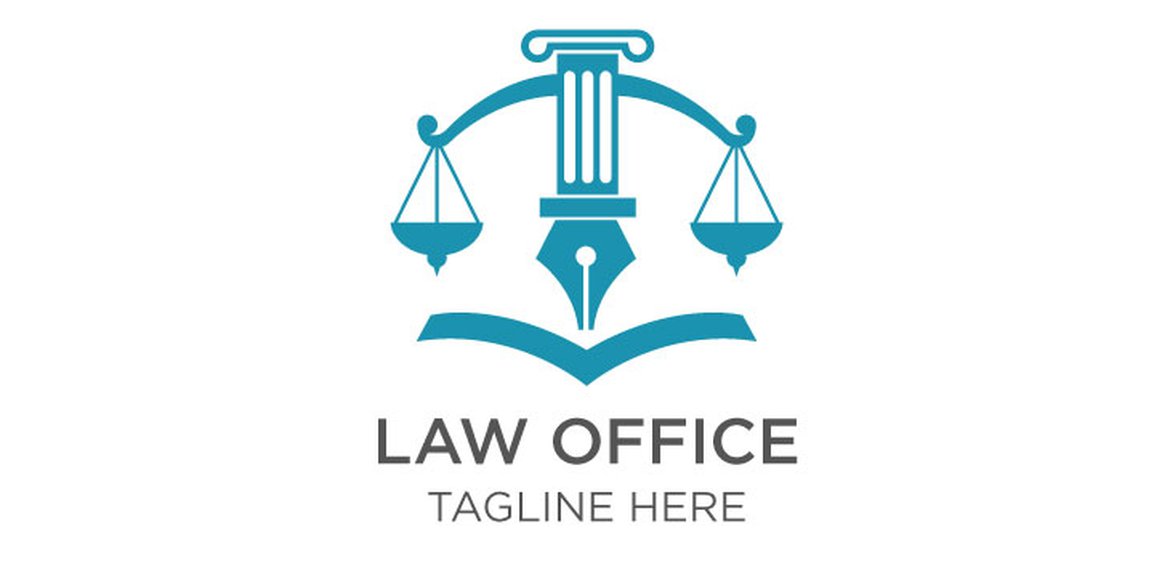Tag – You’re It.
Jan. 18, 2019

Is it just me, or are you fascinated by the messages you see all around you?
My editor’s brain is constantly whirring. I can’t ride the subway without mentally critiquing the ads, and I’m forever re-drafting sentences I read in the newspaper – the latter usually out loud, much to my partner Richard’s chagrin.
Take this, for example – a sign for a dental office, located on my regular downtown transit route. Directly under the name of the office is the tagline: Where people and dentistry come together.
That always piques my interest. Is that, in fact, a dental office, I find myself wondering? Or is it some sort of dating agency for dentists? Does this mean that other dental offices don’t have people? (We’ve made great strides of late when it comes to AI and robotics, but as far as I know, the R2D2s of the world are not yet capable of extracting a tooth or dealing with a cavity.)
Or, is it that other offices have people, but they don’t quite come together with the dentistry part? Your guess is as good as mine.
Another tagline I find questionable comes from a law firm in Atlanta, Georgia: Taylor English – The purpose-built law firm.
Now, in fairness, Taylor English doesn’t just leave that tagline hanging. It does a good job of expanding on and reinforcing the message throughout its website with phrases like: “Purpose-built to be smart, responsive, lean and focused on results.” “Built for Business.” “Built for Results.” “Built for Value.”
On its own, however, “the purpose-built law firm” suggests that other firms are created in a haphazard, slap-dash sort of way with no thought to their own or their clients’ businesses or the results and value they provide. Which, I hazard to say, is not likely true.
So, what is a tagline anyway? Here are two definitions I like:
“A tagline is a short phrase that captures a company’s brand essence, personality, and positioning, and distinguishes the company from its competitors.”
~Alina Wheeler, Designing Brand Identity
“A tagline is a short, memorable and often catchy phrase that explains your brand.”
~ Sarah Szilagyi, What is a tagline? And do you need one?
A tagline is sometimes called a slogan, but technically speaking, they’re different things. A tagline is meant to be associated with your organization as a whole; it’s consistently applied across your company, and it shouldn’t change unless you redefine your business. A slogan is usually more temporary, applied to a particular product, service or campaign. (But I wouldn’t get too hung up on this – there are more similarities than differences, so call it what you like.)
What makes a good tagline? As noted in a 2014 research study published in the Journal of Business Research, the best taglines are: related to the brand, memorable, and likeable.
Because I like alliteration, I call these The 3 Ls of Taglines: Logical, Lasting and Likeable.
Logical means the tagline makes sense for your organization and the industry or sector you operate in. It encapsulates what you do and reflects your overall brand. Apple’s Think Different is often cited as a great example of a tagline that uses just two words to summarize the company and lay the foundation to create a loyal tribe of customers.
Lasting means the tagline is memorable. This might be because it’s witty or surprising – or because it uses my favoured alliteration. At the risk of sounding self-serving, when I worked for an engineering company, a group of us came up with this tagline: Engineering Better Buildings. This simple phrase was effective because it clearly and concisely explained the company’s brand promise, and the alliterative “b” made it easy to remember.
Likeable means the tagline will resonate with people. To be likeable, the above research study found, three things matter: a clear message, creative phrasing, and inclusion of a benefit. FedEx’s When it absolutely, positively has to be there overnight and M&Ms’ Melts in your mouth, not in your hands are two examples of taglines that tick all those boxes.
Do you even need a tagline? In his article, The Top Ten Taglines of All Time, Forbes contributor William Arruda points out that in the age of the internet and smartphones, taglines have lost some of their usefulness. “Taglines functioned as a way to remember a brand … with catchy, portable sayings,” Arruda writes. Today, we need only turn to our devices to find out everything we need to know about a company, a product, or a service.
Despite this, Arruda still sees value in “a really good tagline” because it “captures the essence of the brand’s mission and personality, and it sets the course for all of the other advertising pieces.”
For me, the operative words there are “a really good tagline.” The wrong one can confuse or befuddle your clients and prospects – or worse, it can come back to bite you. When Toronto law firm Goodman and Carr dissolved in 2007 after operating for more than four decades, it didn’t take long for the firm’s tagline to go from Hard working law to Not working law. Ouch.
Remember this:
A tagline can be a great, short-hand way to brand your organization, but it will only be effective if it’s logical, lasting and likeable.
